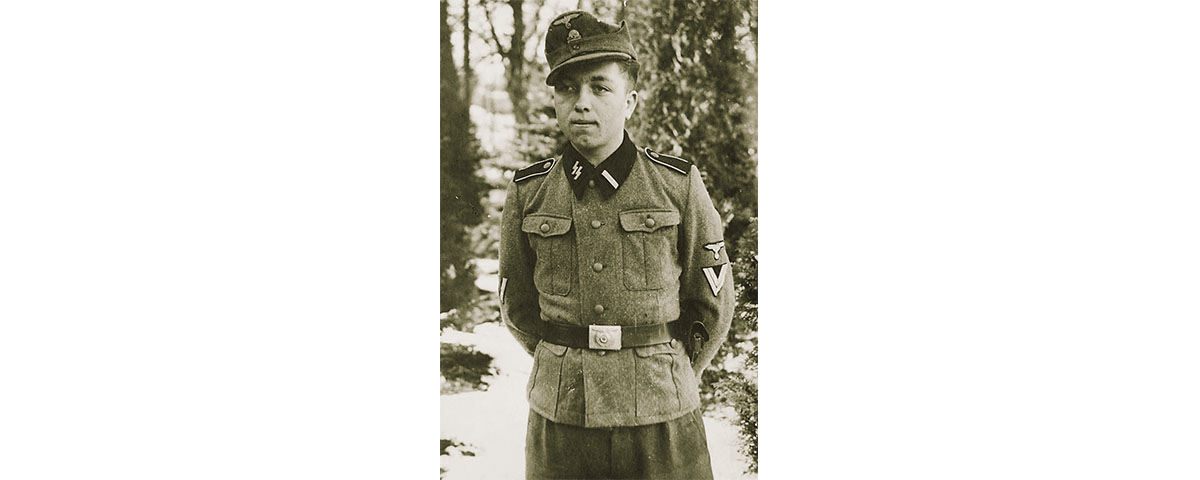When the Allies captured Heinrich Steinmeyer in August 1944, they labeled him a Category C prisoner—a potentially dangerous hardline Nazi—and shipped him to Cultybraggan POW camp, near the town of Comrie, in central Scotland.
Within a year, the Waffen SS soldier was a different man, struck by the beautiful countryside and transformed by the unexpected kindness of its people. Steinmeyer died in 2014, and after three years of legal wrangling, he posthumously paid them back, leaving Comrie 385,000 British pounds (about $480,000), earmarked to help the town’s elderly. “I would like to express my gratitude to the people of Scotland for the kindness and generosity that I have experienced,” he had written in his will.
Steinmeyer grew up poor in Silesia (now part of Poland) and worked as an apprentice butcher before joining the SS at age 17. In August 1944, he was defending a bridge in Caen, France, when he was captured and taken to Cultybraggan.
Local schoolchildren befriended Steinmeyer through the POW camp’s fence. Learning that he’d never seen a movie, they organized a temporary getaway. “They smuggled him out of the camp through the chain-link fence and into the cinema,” George Carlson, whose mother was one of the kids who planned the caper, told BBC. “He was absolutely blown away.”
In June 1945, Steinmeyer transferred out of Cultybraggan to other Scottish camps before being released in 1948. He remained in Scotland a few years before returning to Germany, eventually settling near Bremen.
After he died, his ashes were scattered in the hills overlooking the Scottish POW camp. “The whole place was so beautiful,” he once recalled. “It went straight to my heart, and I thought, ‘Why have I been fighting this bloody war?’”





